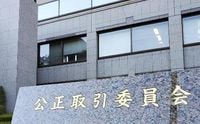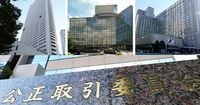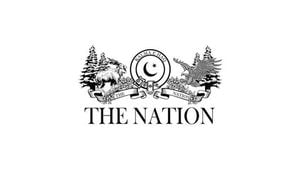On April 17, 2025, the Fair Trade Commission (FTC) announced plans to issue a warning to 15 major hotel operators in Tokyo, including renowned establishments like the Imperial Hotel and Hotel New Otani. This warning centers around allegations of information sharing regarding room rates and occupancy statistics, which could potentially violate the Antimonopoly Act by fostering cartel-like behavior.
The FTC's decision comes in light of soaring hotel accommodation fees, a trend exacerbated by a surge in inbound tourism following the COVID-19 pandemic. As travel restrictions eased, hotels in Tokyo have seen a significant increase in demand, leading to higher prices. The FTC aims to prompt corrective action by issuing this warning to the involved parties.
Among the 15 companies receiving the FTC's warning are notable names such as Keio Plaza Hotel, Hotel Okura Tokyo, Palace Hotel, Seibu Prince Hotels Worldwide, and Fujita Kanko. Sources indicate that representatives from these companies have participated in monthly meetings for decades, where they exchanged sensitive internal information, including average room rates and occupancy rates.
According to insiders, these meetings, referred to as "FR (Front Reservation) meetings," were traditionally held at rotating venues provided by the participating hotels. Although the FTC has not confirmed that these meetings resulted in explicit agreements to raise prices, it has raised concerns that the shared information could influence pricing strategies among the hotels.
The FTC's investigation highlights the potential risks associated with information exchange in industries where such practices are common. As noted in their findings, while the meetings did not lead to overt price hikes, some hotels reportedly set their accommodation fees based on the information shared during these gatherings.
As the hospitality industry grapples with the aftermath of the pandemic, the FTC's warning underscores the need for companies to recognize the legal implications of their information-sharing practices. The commission believes that early intervention is necessary to prevent any unfair price increases that could violate antitrust laws.
In recent months, the rise in accommodation fees has sparked concern among consumers and industry observers alike. With the influx of foreign tourists, many hotels have raised their prices significantly, leading to questions about the sustainability of such increases in a competitive market.
The FTC's actions reflect a broader trend of regulatory scrutiny in various sectors where collusion and unfair trade practices are suspected. By addressing potential violations of the Antimonopoly Act, the commission aims to foster fair competition and protect consumers from unjust pricing practices.
As the situation develops, the involved hotel companies will have the opportunity to respond to the FTC's warning. The commission has already notified each company of the proposed warning and will consider their feedback before making a final determination.
In conclusion, the FTC's impending warning serves as a critical reminder for businesses operating in competitive industries to navigate the fine line between legitimate information sharing and practices that could be construed as collusion. With the hospitality sector still recovering from the pandemic, maintaining transparency and fairness in pricing will be crucial for the industry's long-term health.







